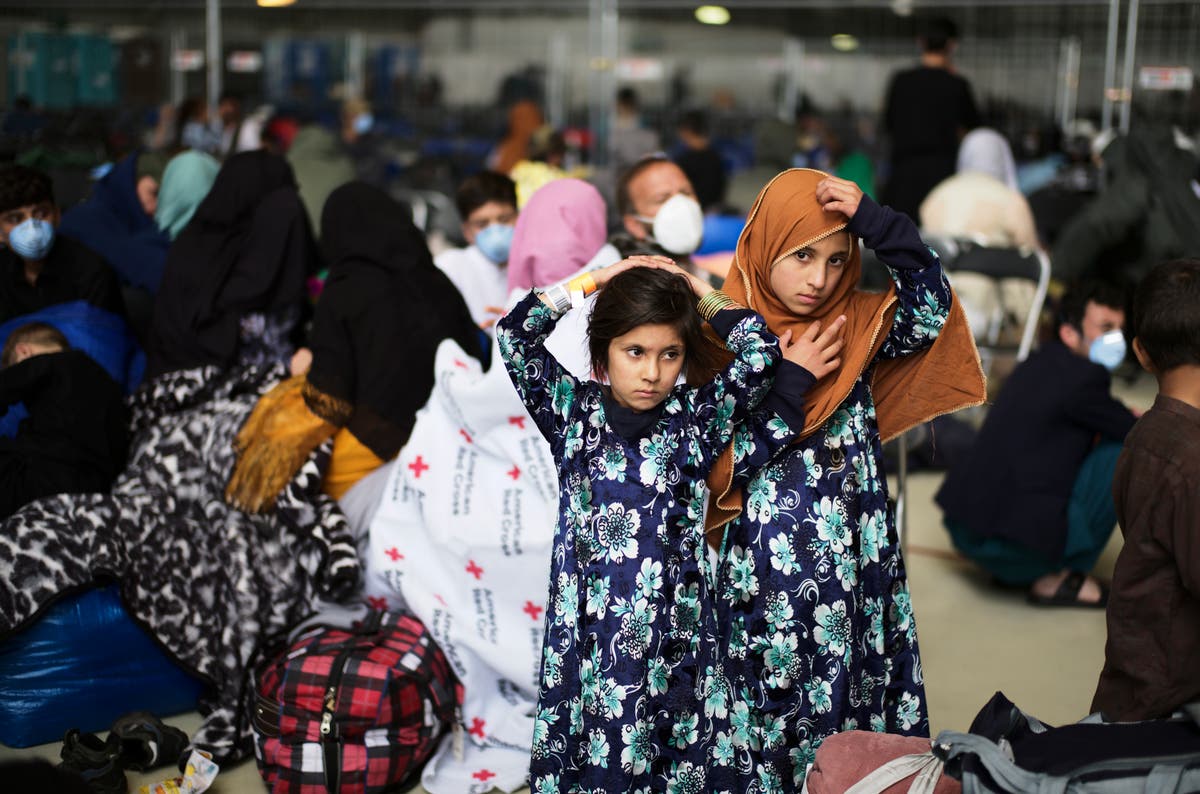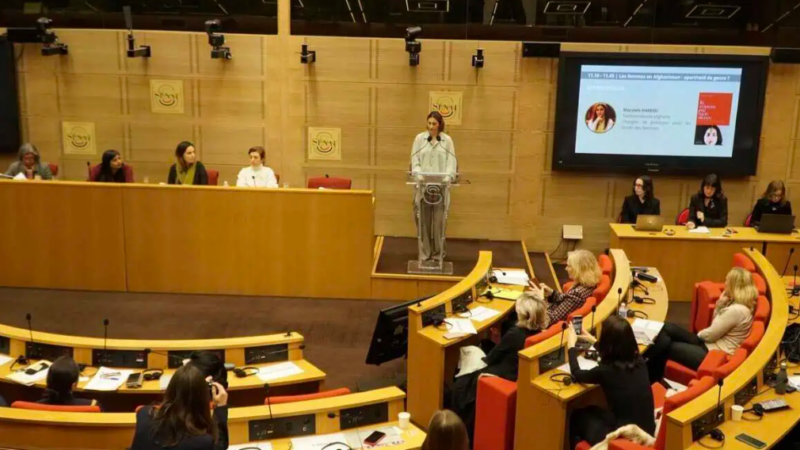Hazara Shia community people of Afghanistan are being displaced forcibly from their province

Taliban is displacing people from their homes in order to vacate land to allot it to their supporters. The Human Rights watchdogs has confirmed.
The Human Rights Watch has underscored that many of these evictions have targeted Hazara Shia communities. In addition, the Taliban has targeted people associated with the former government.
In the press release, the Human Rights Watch accused the Taliban and associated militias of forcibly evicting hundreds of Hazara families from the southern Helmand province and the northern Balkh province in October. They followed earlier evictions from Daikundi, Uruzgan and Kandahar provinces.
After taking control of Afghanistan, the Taliban has told many Hazaras and other residents in five provinces to leave their homes and land, reported ANI. As per the Human Rights Watch report, some of the people were given a few days notice and they were unable to make legal claims on the land.
The displacements have largely taken place in 15 villages in Daikundi and Uruzgan provinces in Afghanistan. As per the HRW press release, the Taliban has evicted at least 2800 Hazara residents in September. The families were forced to flee to other districts, leaving their belongings and crops behind.
Furthermore, the HRW in the report cited a former resident who revealed that the Taliban had set up checkpoints on the roads. The Taliban officials did not allow the people to “take their crops with them”. The Taliban officials in Kandahar province had asked residents of a government-owned residential complex to leave the building in three days.
According to HRW press release, the property was given by the previous government to government officials. Patricia Gossman, associate Asia director at Human Rights Watch stated that the Taliban was forcefully evicting the Hazara community and others based on their ethnicity or opinion.






